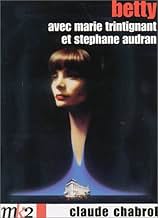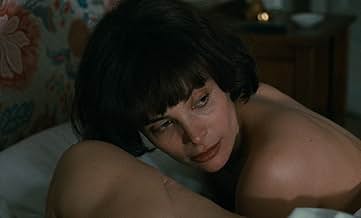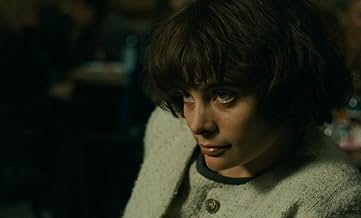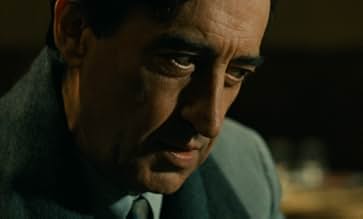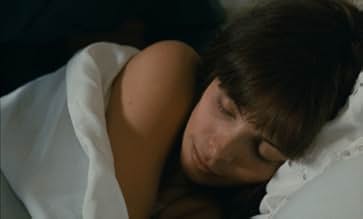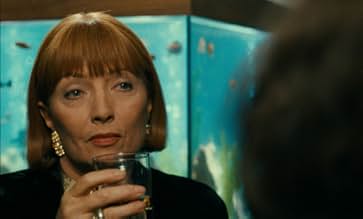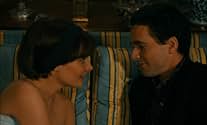Claude Chabrol may be best-known for kicking off the Nouvelle Vague movement with LE BEAU SERGE (1958) and for being the French master of suspense; that does not mean that he dwelt exclusively in the thriller genre and, indeed, hot on the heels of Chabrol's unexpected adaptation of Gustave Flaubert's MADAME BOVARY (1991), came this oddball feminist melodrama which, a minor effort though it might be, also proves a surprisingly engaging work.
Actually, the source novel for it was the handiwork of celebrated pulp writer Georges Simenon and Chabrol's film version is buoyed by a spunky central performance from the ill-fated Marie Trintagnant (the daughter of actor Jean-Louis and director Nadine, she died in 2003 aged 41 from a cerebral haemorrhage, following a beating-up by her live-in boyfriend!) and a quietly mature one by Chabrol's former wife and frequent muse Stephane Audran.
The title character is a woman who, marrying above her station, is subsequently thrown out of her house after she gives in to her baser instincts; as a result, she takes to an aimless existence on the streets, drinking and chain-smoking her nights away in the company of strangers. Thankfully, she is picked up from the gutter by an enigmatic middle-aged woman (with a much younger companion) who installs her into her own lavish apartment and gradually helps her pick up the pieces of her broken-down life. But the innately sensuous qualities of the waif-like Betty soon catch the attention of her benefactor's boyfriend and, perhaps inevitably, tragic circumstances ensue.
The low-key qualities of BETTY are countered by Chabrol's decision to structure his film as a complex maze of flashbacks which depict (and contrast) the stuffy, ordered, aristocratic lifestyle the protagonist suffered through in her married past, versus her new, chaotic but free-spirited present state. All in all, therefore, the film can be counted as yet another feather in Chabrol's prolific and largely consistent cap.

